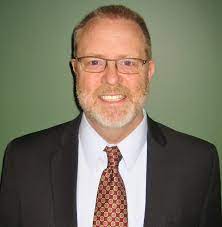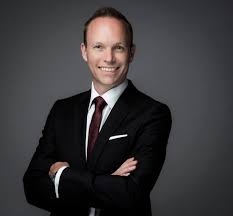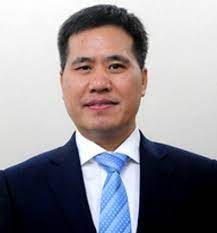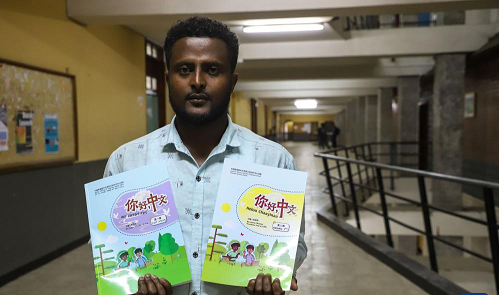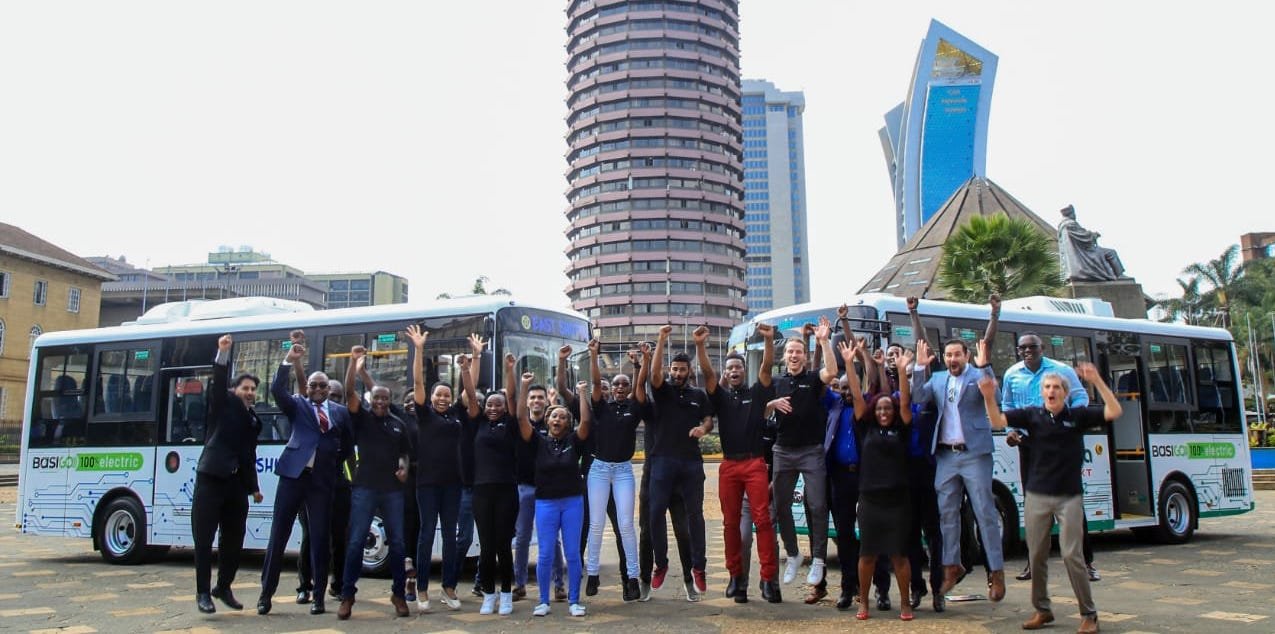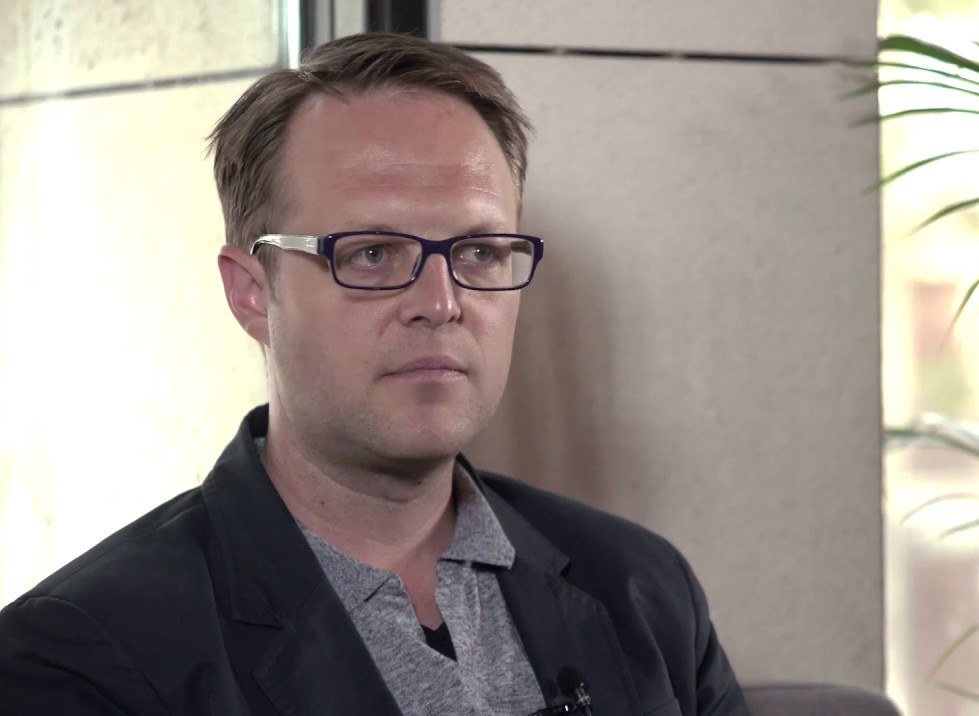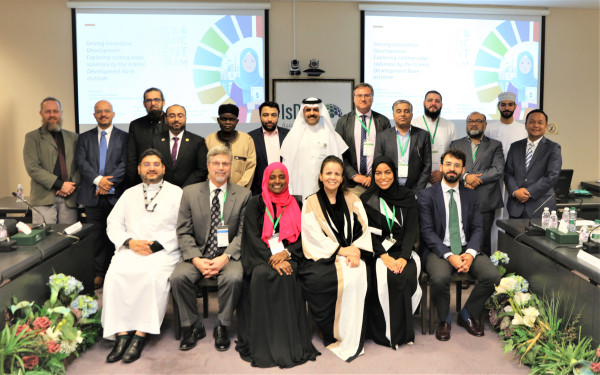Agility and Education for Employment (EFE) Partner to Deliver AI Training in Egypt
Agility, a global leader in supply chain services, infrastructure and innovation, announced a partnership with Education for Employment (EFE) that will offer training in use of artificial intelligence to 3,500 young people in Egypt.
The training is intended to familiarize young men and women from underserved populations in Egypt with artificial intelligence concepts, tools and ethical considerations. It is designed to give them a competitive edge in the job market by teaching them to harness the power of transformative AI technology.
Underemployment or lack of entrepreneurial opportunities inhibit economic and social development. EFE’s skills development programs provide young people with opportunities to gain employment or start their own businesses. These lead to greater prosperity, stability and social and economic development.
Frank Clary, Agility VP of Sustainability, said the company is supporting EFE’s free employment and job skills training so that attendees can better understand how to use AI for job searches and tasks they may need to perform in the course and scope of employment or business management.

“AI literacy is quickly becoming a priority area for recruiters. EFE and Agility are committed to making training available to young people who would otherwise not have access to it. Our shared goal is to create a future-ready workforce for Egypt and the broader Middle East because employment and entrepreneurial skills enable development, prosperity and stability,” Clary said.
Read also : South African Fintech Ukheshe Acquires EFT Corporation in Strategic Fintech Move
Andrew Baird, EFE-Global CEO, said: “EFE targets young people from underserved populations who are unemployed and having difficulty getting jobs. This training plays an important role in bridging the gaps in formal education and development of social capital.”
EFE training participants undergo a selection process and are accepted into programs based on motivation and socio-economic background. Priority is given to those most in need. Of the 3,500 individuals taking part in the Agility-sponsored AI course in Egypt, at least half are young women. EFE’s AI curriculum includes basic concepts of AI, its applicability at work, ethical considerations, responsible use of online information, and use of AI tools in job searches.
In Egypt, Agility has also partnered with UNHCR to fund education for refugee children. Agility has been working with UNHCR since 2016. Its partnership with UNHCR in Egypt has paid for tuition, transportation, uniforms, books, stationery and devices such as computers for roughly 1,800 school-age children.
Egypt currently hosts about 473,000 registered refugees and asylum-seekers from 62 nationalities, most from Syria, Sudan, South Sudan, Eritrea, Ethiopia, Yemen, Somalia and Iraq.
Kelechi Deca

Kelechi Deca has over two decades of media experience, he has traveled to over 77 countries reporting on multilateral development institutions, international business, trade, travels, culture, and diplomacy. He is also a petrol head with in-depth knowledge of automobiles and the auto industry

